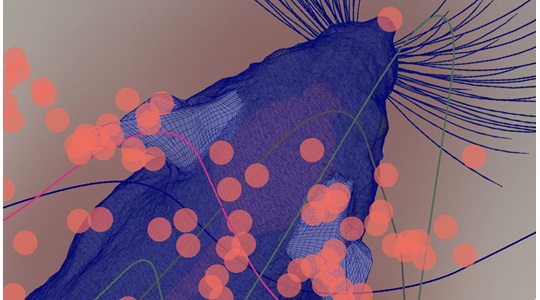Vivek Kumar, Ph.D.
Associate Professor
Understand the genetic and neurobiological basis of complex behaviors that are important in psychiatric conditions such as addiction, ADHD, and depression using genomic, neural circuit, and computational tools.
The Kumar Lab consists of geneticists, neuroscientists, and computer scientists. We are passionate about discovering novel targets and models for mental illness through innovation at the confluence of computational, genetic, and genomic methods. Broadly, we are interested in development of better animal models and animal phenotyping methods for human psychiatric illnesses. We use computer vision approaches to quantitate behavior and functional approaches to understand its underlying neuronal and genetic architecture. We have developed high-throughput computer vision based methods for ethologically relevant animal phenotyping. In functional genomics work, we use QTL and mutagenesis approaches to discover novel pathways that can be targeted for addiction therapeutics. Our approaches are flexible and can be applied towards many psychiatric phenotypes. In sum, we are a leading research group using genetics as its foundation, and a combination of biochemistry, physiology, imaging, and computer vision techniques to dissect complex behavior in mammals.
Dr. Kumar carried out undergraduate research at The University of Chicago with Dr. Bob Haselkorn. He received his PhD at UCSD working with Dr. Michael G. Rosenfeld and structurally and biochemically characterized transcriptional co-repressors. During his postdoctoral work, Dr. Kumar trained with Dr. Joseph S. Takahashi at Northwestern and UT Southwestern and worked on functional genomics approaches to dissect the genetics of addiction.







